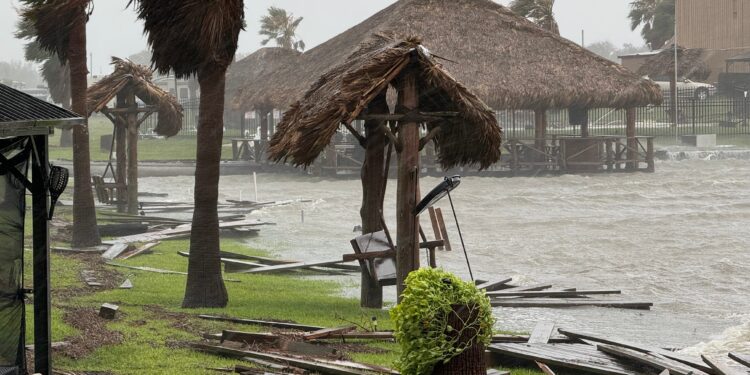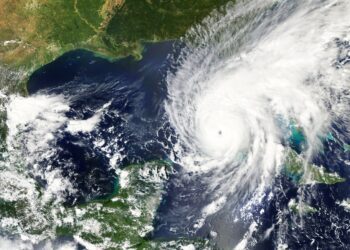Mukhtar Babayev, the Azerbaijan ecology minister and president-designate of the upcoming United Nations climate talks, emphasized the critical need for a new financial aid package for poor and disaster-struck nations. Speaking on Wednesday, Babayev stressed that securing this aid is a make-or-break goal for the November climate negotiations in Baku, Azerbaijan, warning that delays could lead to severe losses in lives, livelihoods, and environmental stability.
Simon Stiell, the UN’s top climate official, made a passionate plea for intensified global efforts to combat climate change from his hurricane-devastated hometown of Carriacou, Grenada. He highlighted the severe economic impacts of climate-related disasters, such as the recent storm Beryl, which destroyed 98% of homes on the island. Stiell underscored that unchecked fossil fuel-driven climate change is causing widespread devastation, impacting economies and populations worldwide.
Stiell also pointed to the dire consequences of climate change, citing significant death tolls from heatwaves in India and Saudi Arabia and massive power outages in Texas. He referenced a study predicting an annual $38 trillion economic hit due to climate change, which disproportionately affects poorer nations, pushing them further into debt. Babayev’s letter to world leaders called for a new international financial aid goal to surpass the $100 billion annually pledged in 2009, which was only recently achieved. Babayev invited head climate negotiators to an informal retreat in Azerbaijan to accelerate progress towards this new financial aid agreement.












